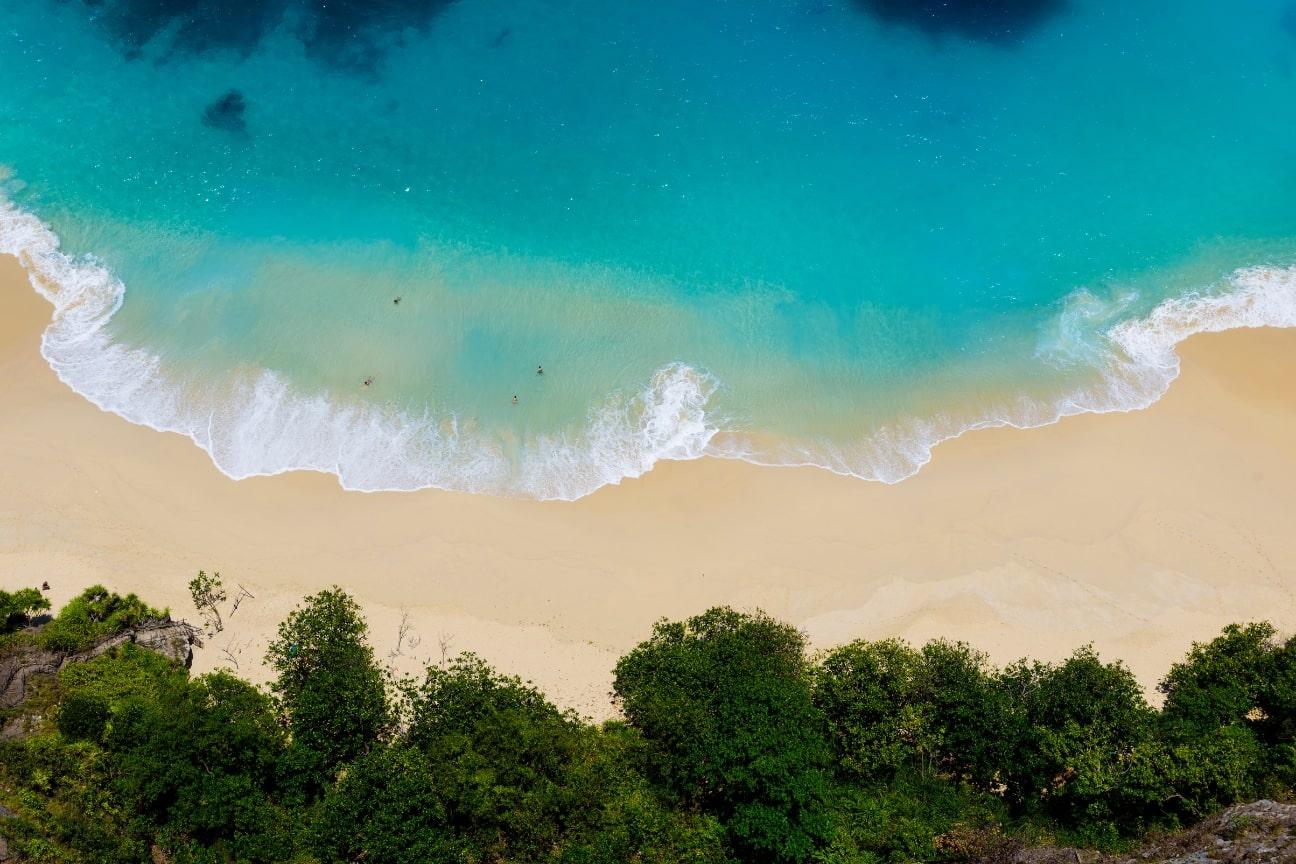Guide to Start Airbnb Business in Bali
1. Research Bali’s Real Estate Market
Before diving into the Airbnb rental business in Bali, understanding the local real estate market is crucial. The island is divided into several distinct regions, each with its unique appeal and property pricing.
Each region has its strengths, and your choice will impact your potential rental income. For example, properties near beaches or cultural hubs tend to attract more guests, but they come with higher purchase or rental costs.
2. Understand Local Regulations and Permits
Starting an Airbnb in Bali is not just about finding a property and listing it. The Indonesian government has certain regulations that govern foreign investment in real estate and short-term rentals. Failing to comply with these rules could result in fines or the shutdown of your business.
Property Ownership for Foreigners: Foreigners cannot outright own land in Bali. However, there are leasehold options that allow foreigners to lease land for a set period, often 25 to 30 years, with an option to extend.
Business Licenses: Depending on the area, you may need to apply for certain permits or licenses to run an Airbnb legally. This could include a business license (SIUP) and possibly a tourism accommodation license if your property is designated for tourists.
Taxes: Airbnb income is taxable in Indonesia. You will need to register for tax purposes and possibly pay local and national taxes on your rental income. Consult with a local accountant or tax advisor to ensure compliance.
3. Invest in the Right Property
Your property is the heart of your Airbnb business. Investing in the right kind of property will significantly impact your rental success. When selecting a property, consider the following:
Location: As mentioned earlier, location is key. Properties near beaches, restaurants, and tourist attractions are more likely to be booked.
Size and Type: Villas and private pool homes are extremely popular in Bali. However, smaller properties like one-bedroom apartments can also be a hit with budget-conscious travelers.
Amenities: Tourists in Bali expect certain amenities, such as air conditioning, Wi-Fi, and pool access. Upgrading your property with these essentials can increase your booking rate and allow you to charge a premium.
4. Set Up and Furnish the Property
Once you’ve acquired your property, it’s time to prepare it for guests. Bali visitors expect a blend of comfort, style, and local flair. Decorate your property with traditional Balinese touches, like carved wooden furniture or bamboo features, but ensure that modern conveniences are also provided.
Key Elements to Include in Your Airbnb:
Fully equipped kitchen: Many travelers prefer to cook their own meals, so a functional kitchen with basic appliances is essential.
Fast Wi-Fi: With Bali being a hub for digital nomads, fast and reliable internet is a must.
Air conditioning: The tropical climate means guests will appreciate having air conditioning in the bedrooms.
Cleaning and Maintenance: Regular cleaning is important to maintain a high standard of accommodation. Consider hiring a local cleaner and gardener to ensure the property is well-kept.
Also read: Freehold vs Leasehold Property in Bali: Which is Better?







